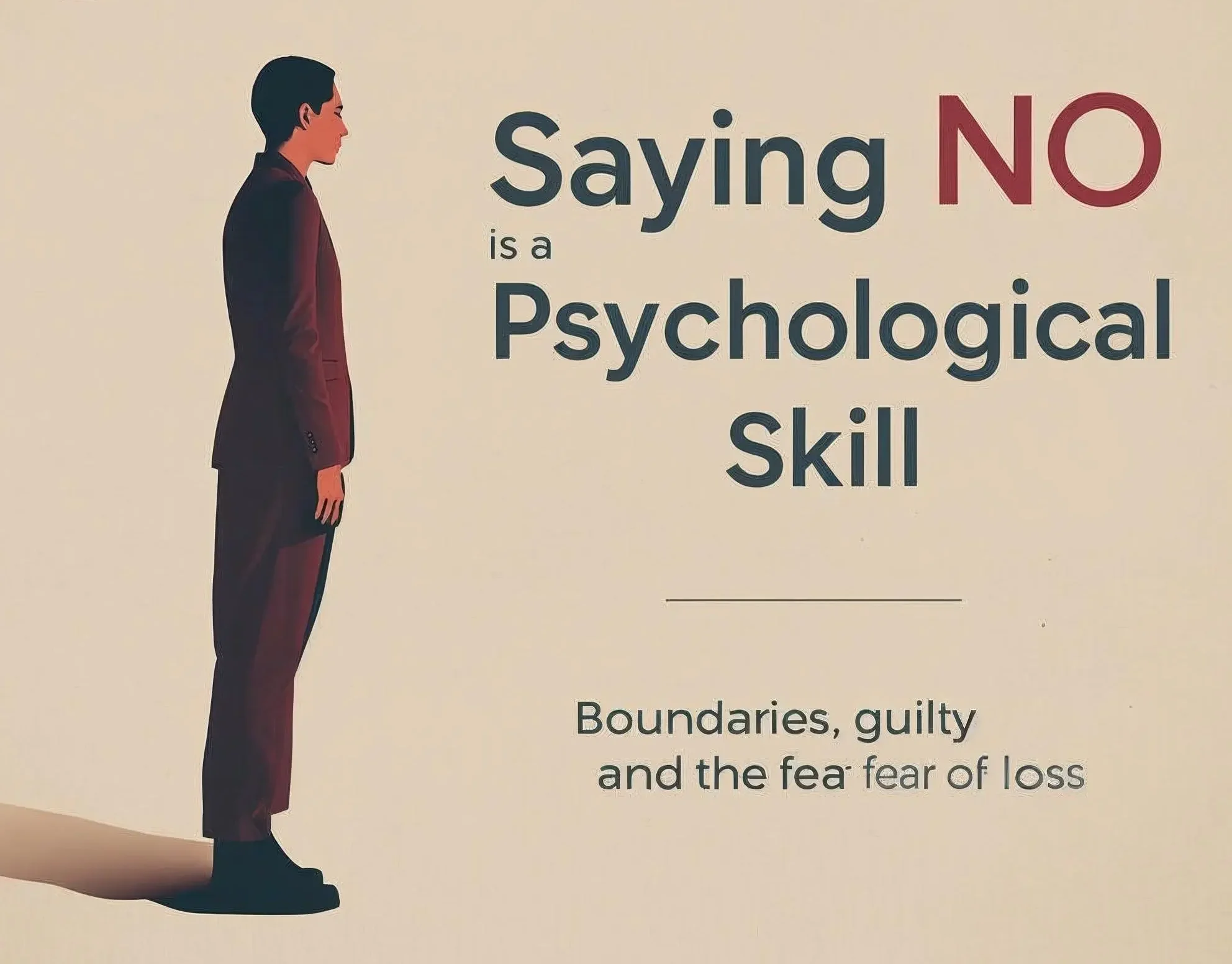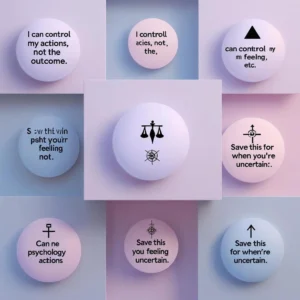Human Behavior
Human
Personal Growth
Social Media
#Authenticity, #BeReal, #BusinessPsychology, #ContentCreatorTips, #EmotionalIntelligence, #FlawedAndLovable, #HumanConnection, #Likeability, #PerfectionIsBoring, #PratfallEffect, #PsychologyInAction, #RelatableLeaders, #SocialPsychology, #Vulnerability
Dona T
1 Comments
The Beauty of Being a Bit Clumsy: Understanding the Pratfall Effect
Back in high school, we had this student council president Arjun. He was tall, confident, always dressed sharply, and spoke like a TED speaker. He was good at studies, sports, and had a sense of humor that could melt ice. Everyone admired him—but from a distance.
He felt like someone from another planet. Untouchable. Unreachable.
Then one day during a school assembly, while walking up to the podium, he tripped on a mic cable and fell flat on his face. The whole auditorium gasped… and then laughed. Arjun stood up, bowed dramatically, and said, “I meant to do that.”
That single moment made him the most popular person in school.
Why? Because he suddenly became human.
This is the Pratfall Effect in action.
What Is the Pratfall Effect?
Coined from a study by psychologist Elliot Aronson in 1966, the Pratfall Effect suggests that people who are generally seen as competent become more likable when they make a small mistake—because it makes them more relatable. However, if someone already appears average or unskilled, a mistake might hurt their image.
It’s a counterintuitive concept: Your likability might increase not despite your flaws, but because of them—as long as you’re already seen as capable.
Let’s Look at Some Real-Life Examples:
1. In Romantic Relationships
Let’s say you’re on a date with someone who seems too perfect—neat hair, flawless manners, knows five languages, quotes philosophy.
Impressive? Yes.
But suddenly, they spill coffee on themselves, blush, and laugh it off.
That’s when you really start liking them. That moment of clumsiness removes the barrier between “them” and “us.” They become real. And real is lovable.
2. In the Workplace
Your manager is always organized, has an answer to everything, and looks like they read business books for breakfast. They intimidate you a little.
Then one day, they say, “I forgot to send the report—blame the two-hour meeting and three cups of coffee.”
Suddenly, the pressure drops. You smile. They seem more approachable. You feel more comfortable asking questions. One little mistake made them human.
3. On Social Media
There’s a popular travel vlogger who always posts stunning photos, perfect lighting, exotic locations. Her life looks unreal.
One day, she posts a video blooper of her trying to speak French but accidentally ordering a dozen onions instead of a baguette. People love it. Comments flood in.
That imperfect moment did what a hundred polished videos couldn’t—it built connection.
How Can You Use the Pratfall Effect?
🎯 In Personal Branding
If you’re trying to grow an audience—on YouTube, LinkedIn, or Instagram—don’t just show the highlight reel. Talk about the time you got rejected. Or lost a client. Or wore your shirt backward all day.
Perfection attracts. But relatability retains.
👔 In Business Leadership
Great leaders admit they don’t know everything. When you say, “I made a mistake, and here’s how we’ll fix it,” people respect you more. It builds trust and creates a safe environment where others feel they can be honest too.
❤️ In Love and Dating
You don’t have to hide your quirks. Share the fact that you cry during Disney movies or that you can’t cook rice without burning it. Vulnerability invites connection. Your flaws might just be what someone falls for.
A Word of Caution
The Pratfall Effect only works if you’re already seen as competent. Making too many mistakes or sharing too many flaws might hurt your credibility. It’s about balance—confidence with a crack, perfection with a pinch of clumsiness.
In a world obsessed with perfection, remember this: it’s often the crack in the vase that makes it interesting. It’s your little flaws, your off moments, your “oops” that make people feel closer to you.
So next time you mess up a little—don’t hide it.
Own it. Laugh at it. Share it.
Because that might just be the moment when someone truly connects with you.
References
- Aronson, E., Willerman, B., & Floyd, J. (1966). The effect of a pratfall on increasing interpersonal attractiveness. Psychonomic Science, 4(6), 227-228. Read study
- Brown, B. (2012). Daring Greatly: How the Courage to Be Vulnerable Transforms the Way We Live, Love, Parent, and Lead. Goodreads
- Grant, A. (2016). Originals: How Non-Conformists Move the World. Amazon















1 comment